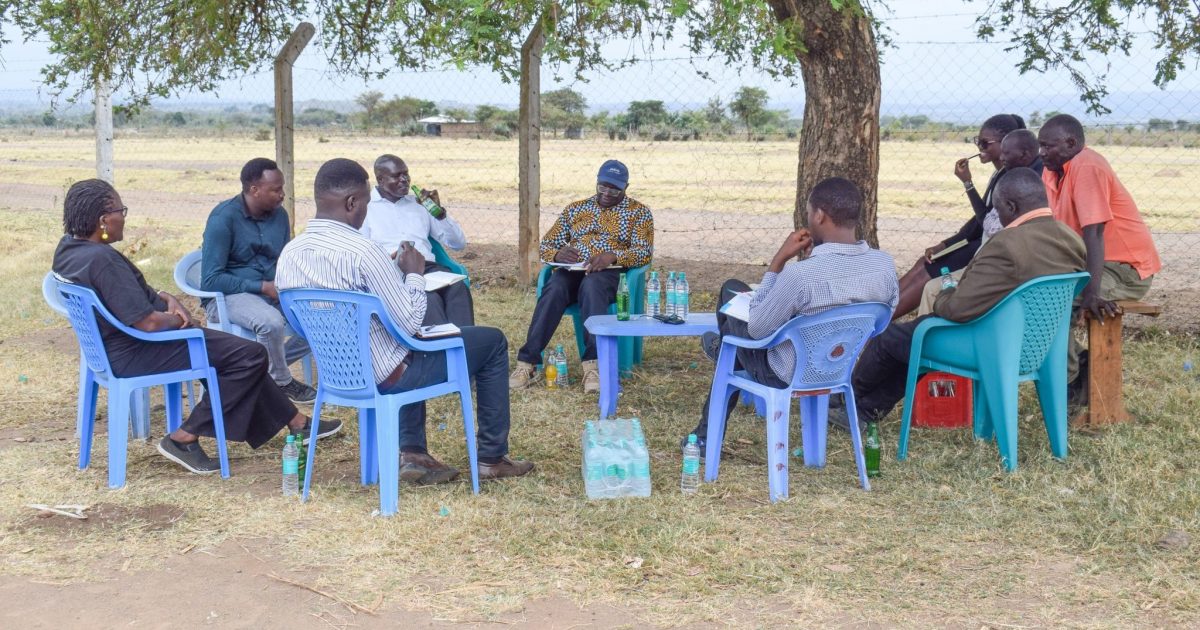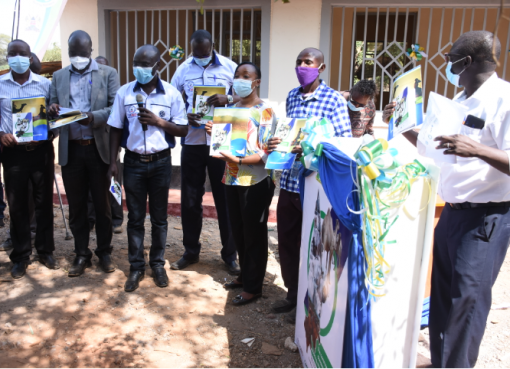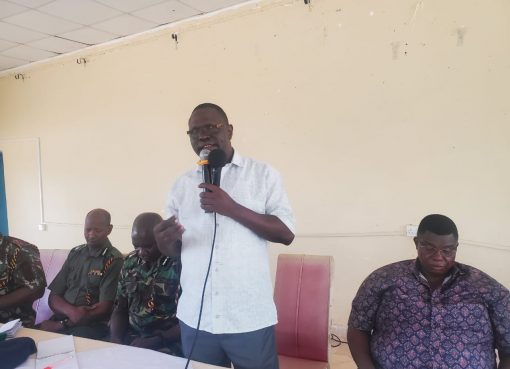Nakuru County is investing in the revitalization of Banita Market, a crucial hub for livestock farmers in Soin, Rongai Sub- County.
Through the Kenya Livestock Commercialization Project, the county aims to enhance the marketing of livestock and livestock products, thereby supporting the livelihoods of pastoralist communities.
Project Coordinator Dr. Jane Waititu, along with officials and the project management committee, today inspected the ongoing rehabilitation works that included improvements to the sales yard with an auction ring, the installation of water troughs, upgrades to the holding pens and loading ramps for cattle, sheep, and goats, and improvements to water harvesting, butchery, and eatery facilities.
The Sh14.8 million rehabilitation project is expected to significantly boost economic activity within the community.
Dr. Waititu emphasized that the renovation aimed at creating a more conducive environment for both farmers and traders, ultimately increasing the incomes of small-scale farmers and improving food and nutrition security in rural areas.
Furthermore, a team from the National Project Management Coordinating Unit visited the market to assess the feasibility of constructing a slaughterhouse on-site.
This crucial addition would save livestock farmers the considerable travel time and costs currently incurred while transporting their animals to distant slaughterhouses in Mogotio, Kisenana, or Maili Kumi.
The Veterinarian said this initiative underscores the critical role of pastoralism in the Kenyan economy.
Noting that pastoralism provides a significant source of food, income, and employment for millions of Kenyans, particularly in arid and semi-arid regions. It also contributes to cultural heritage and plays a vital role in environmental stewardship.
However, she observed that despite its importance, pastoralism faces numerous challenges, including climate change, land use conflicts, and limited market access.
By investing in infrastructure, improving market linkages, and supporting sustainable pastoralist practices, the Kenyan government could help ensure the long-term viability of this vital sector and enhance the livelihoods of pastoralist communities, hence, improving the overall economy of the counties and the country at large.
For many years, the importance of pastoralists was ignored, not only by the media, who mainly covered them only during tragedies such as the livestock being wiped out by prolonged droughts, without emphasizing their economic contribution to the economy.
By Veronica Bosibori




